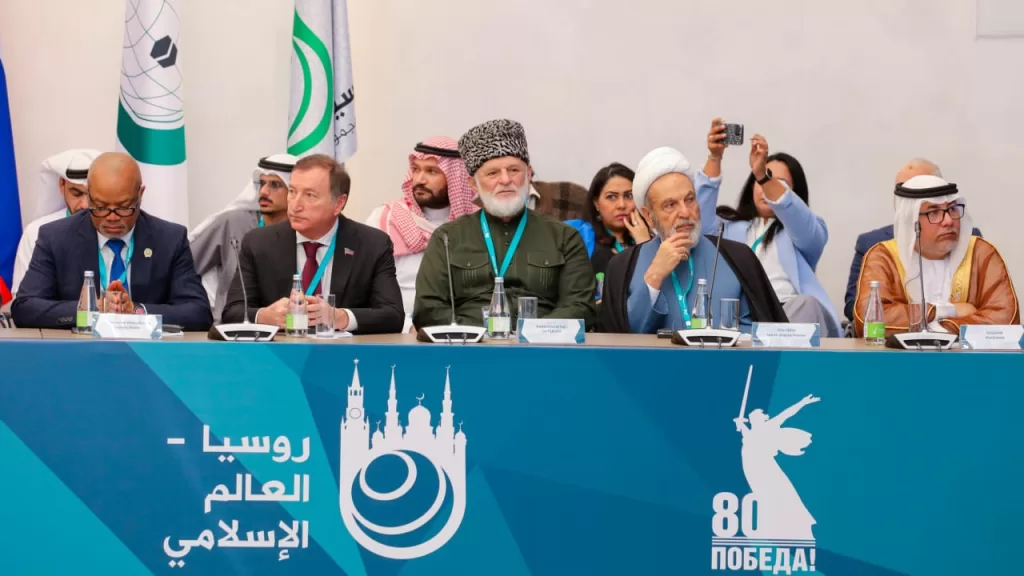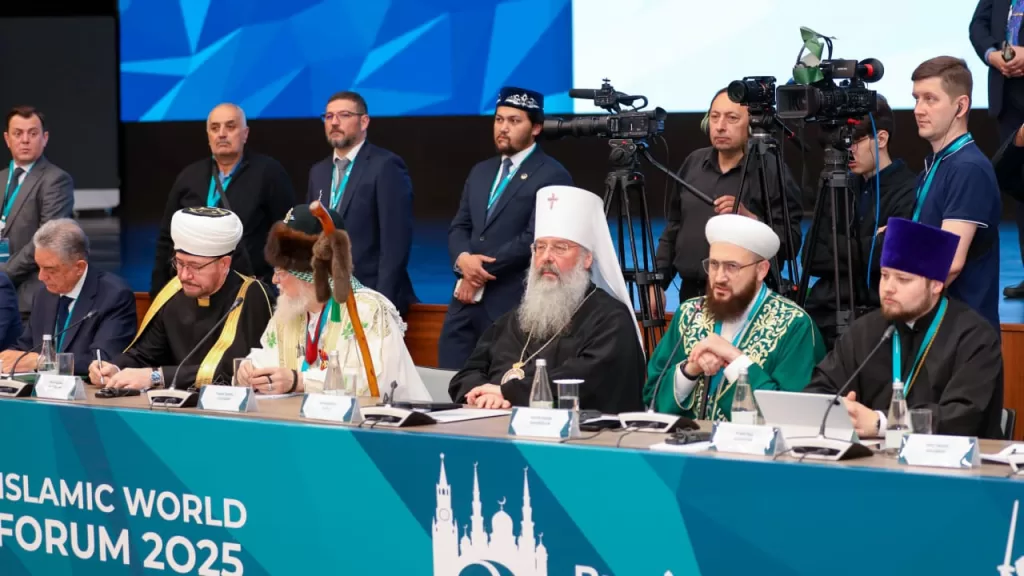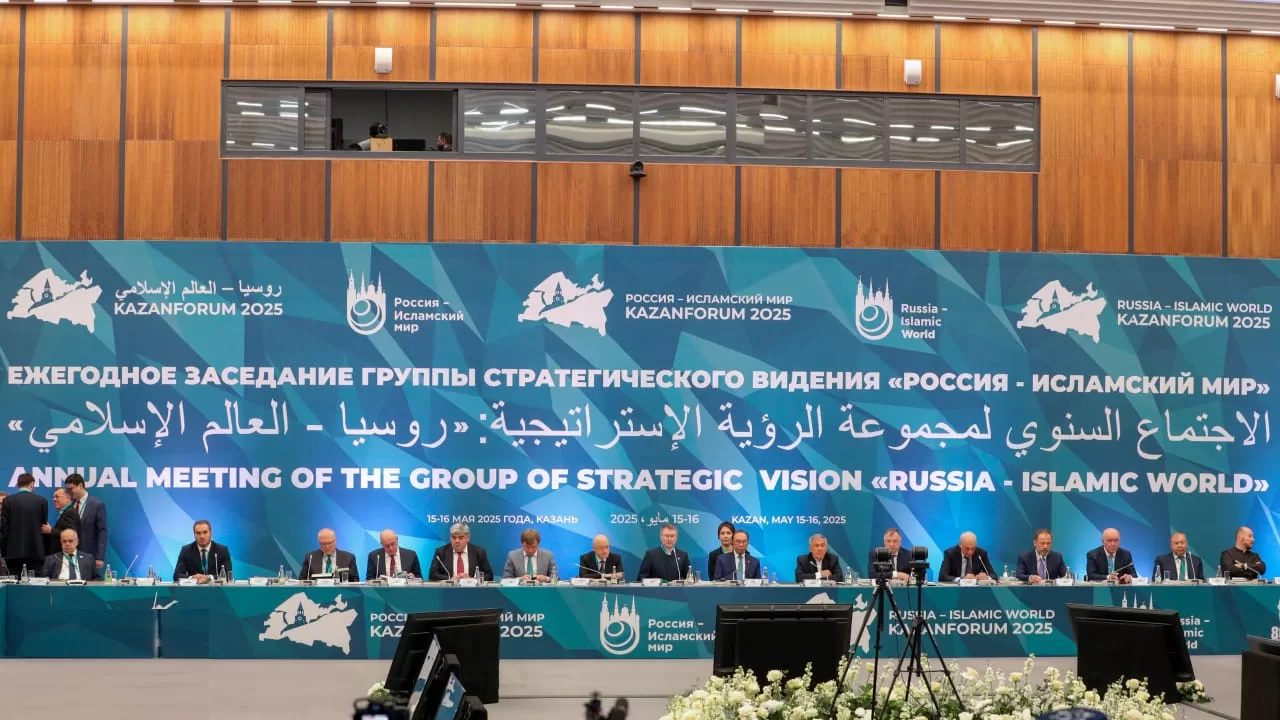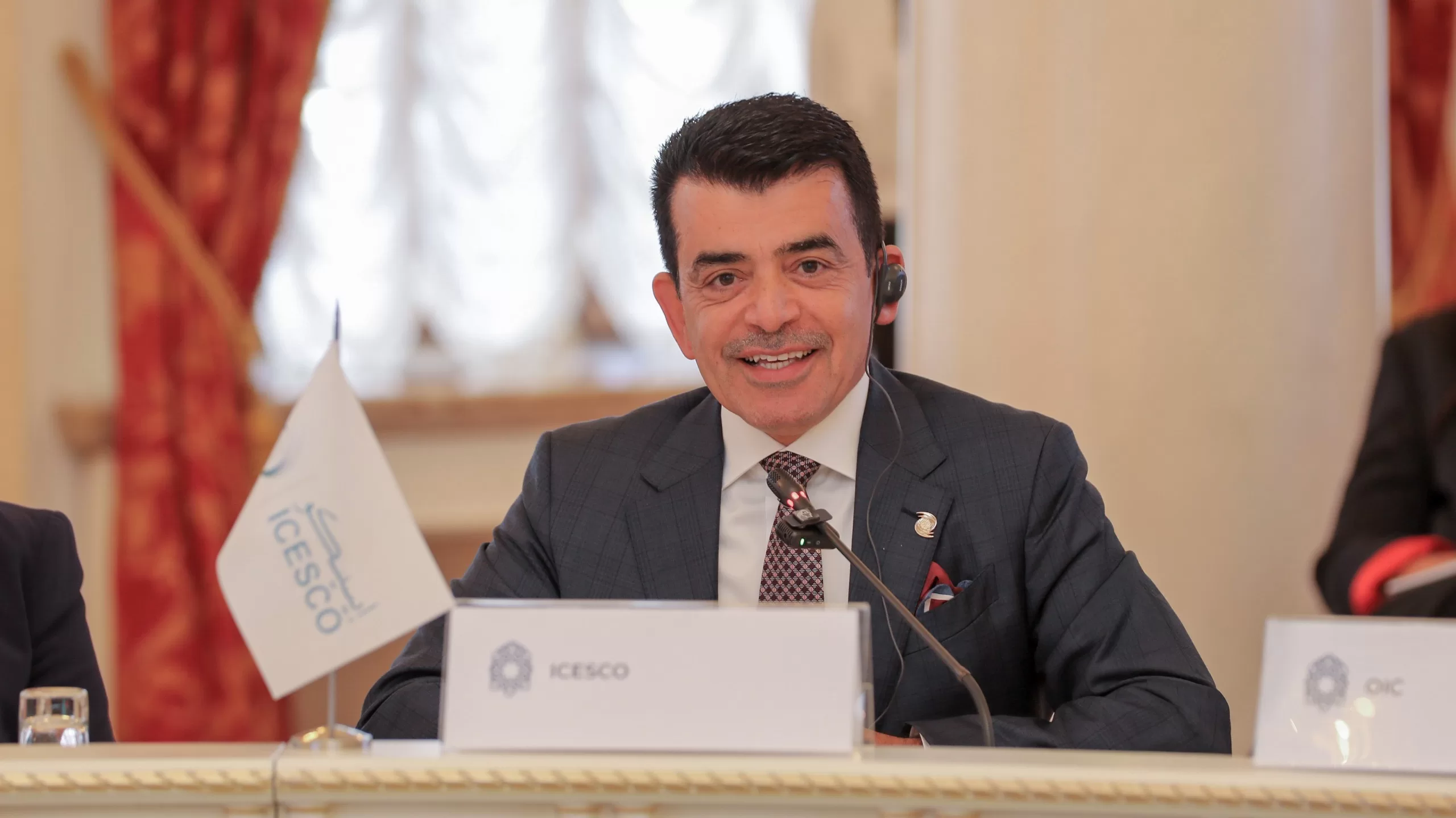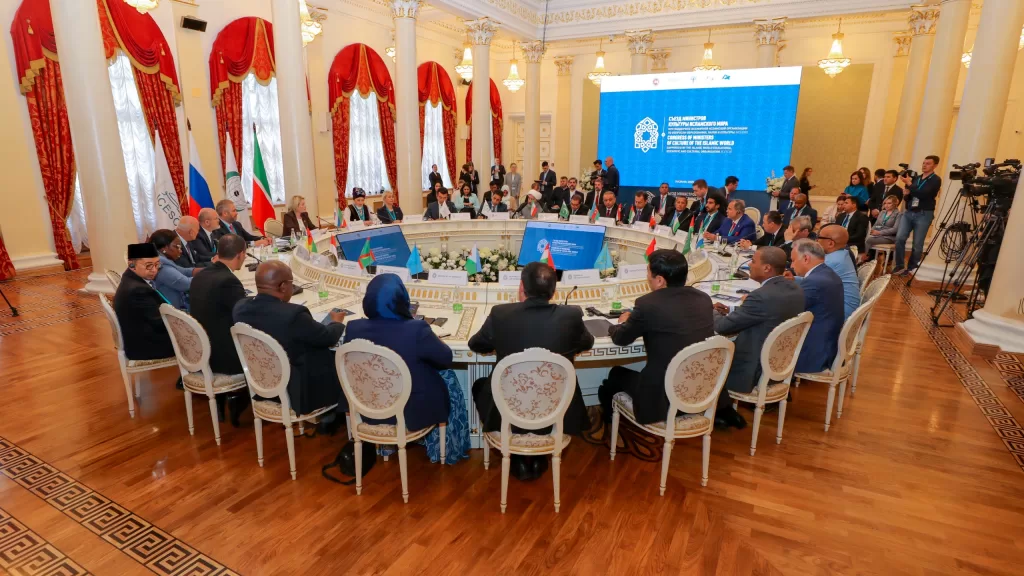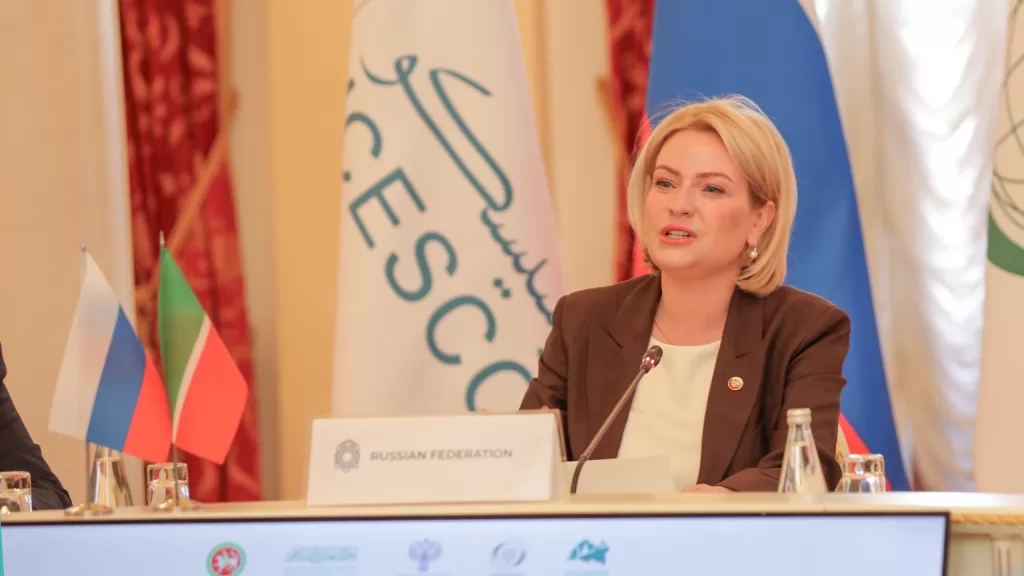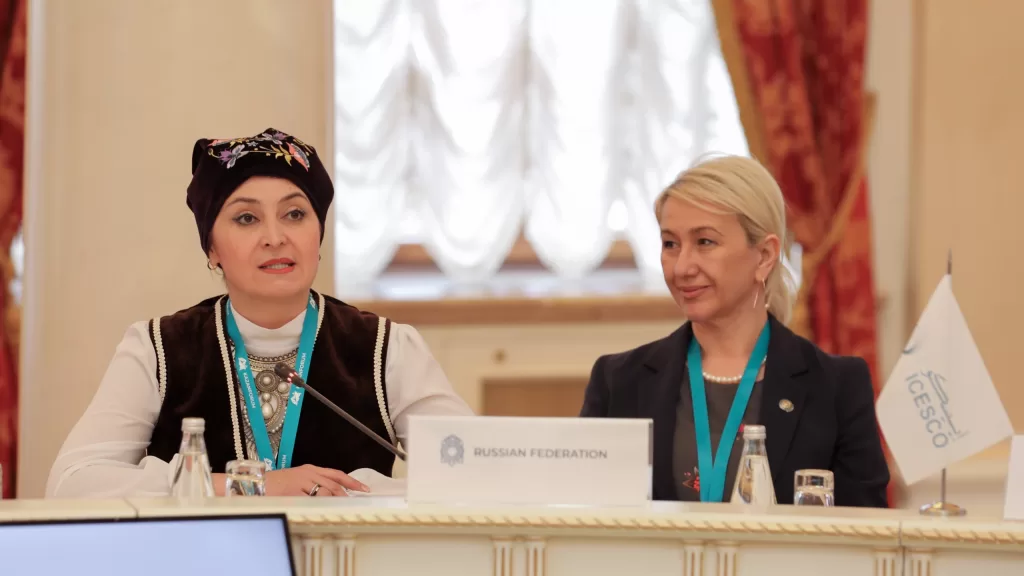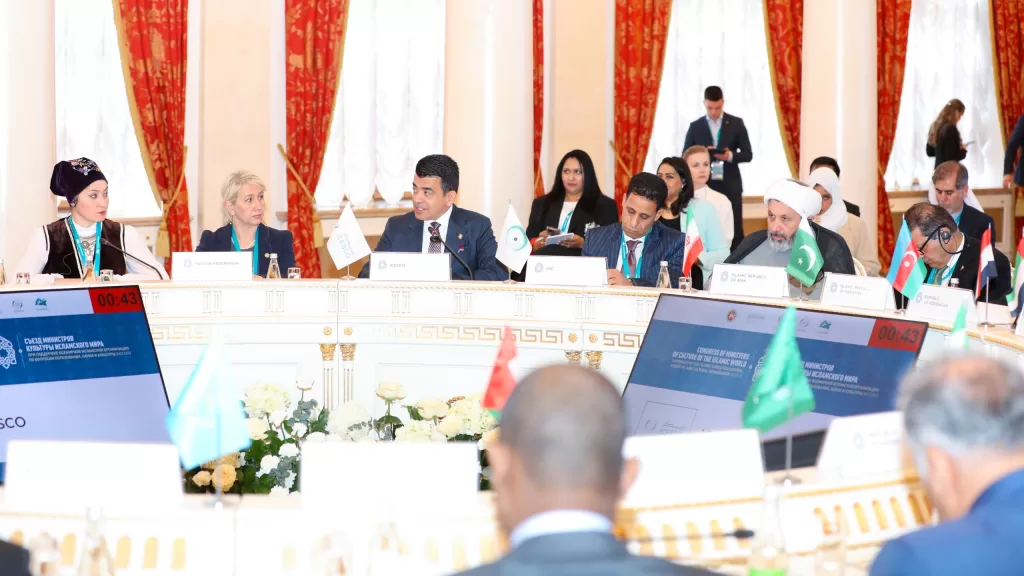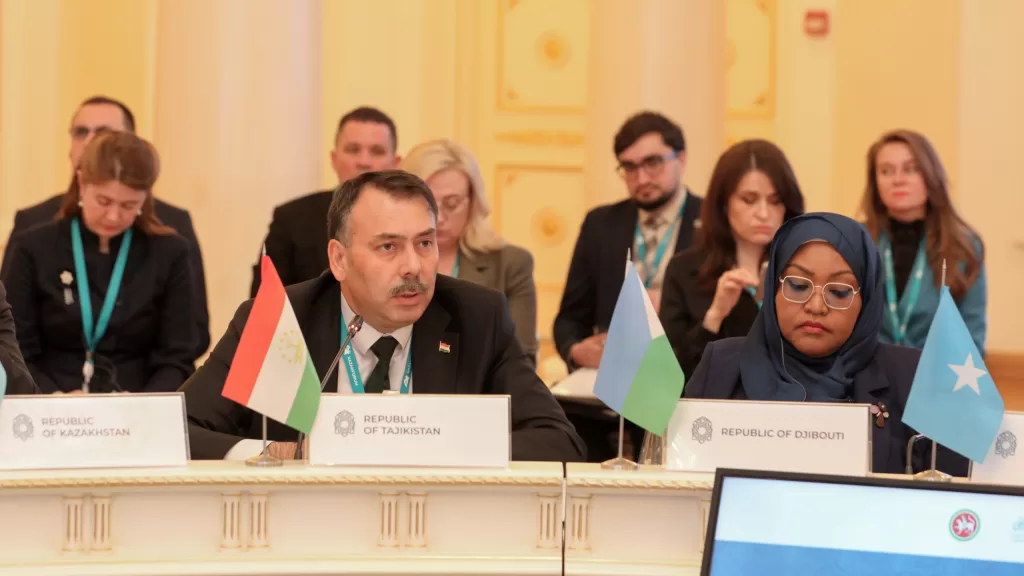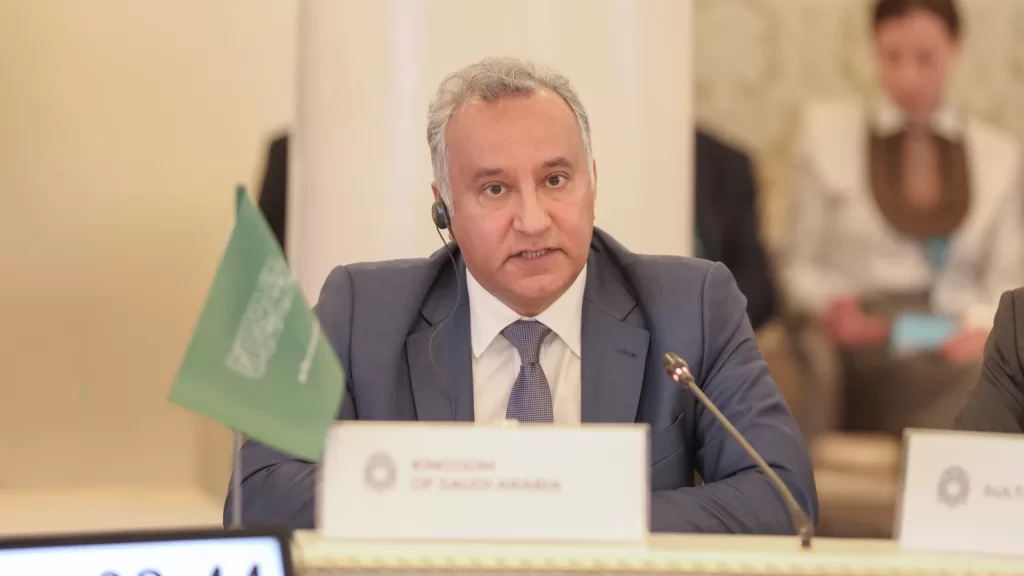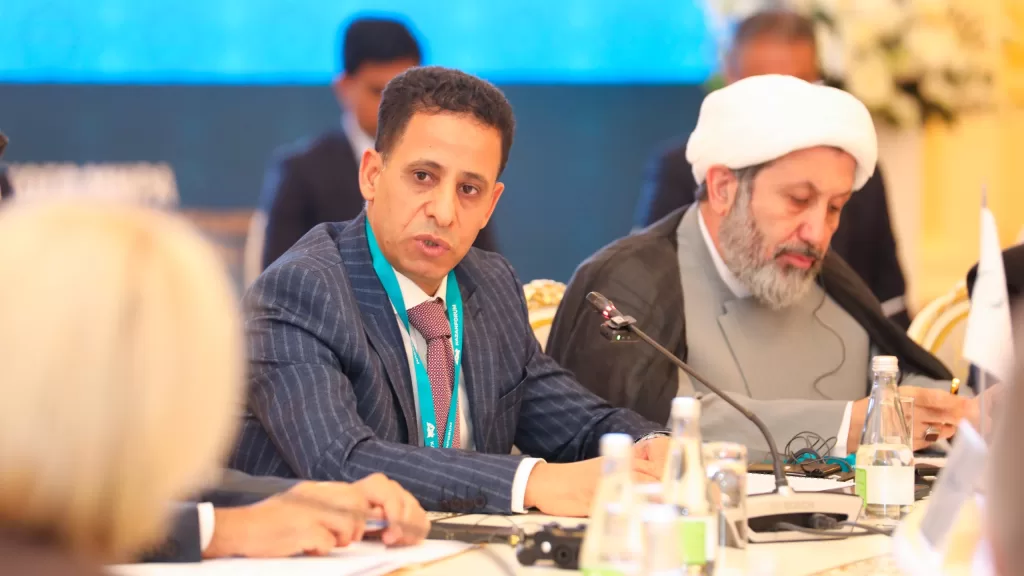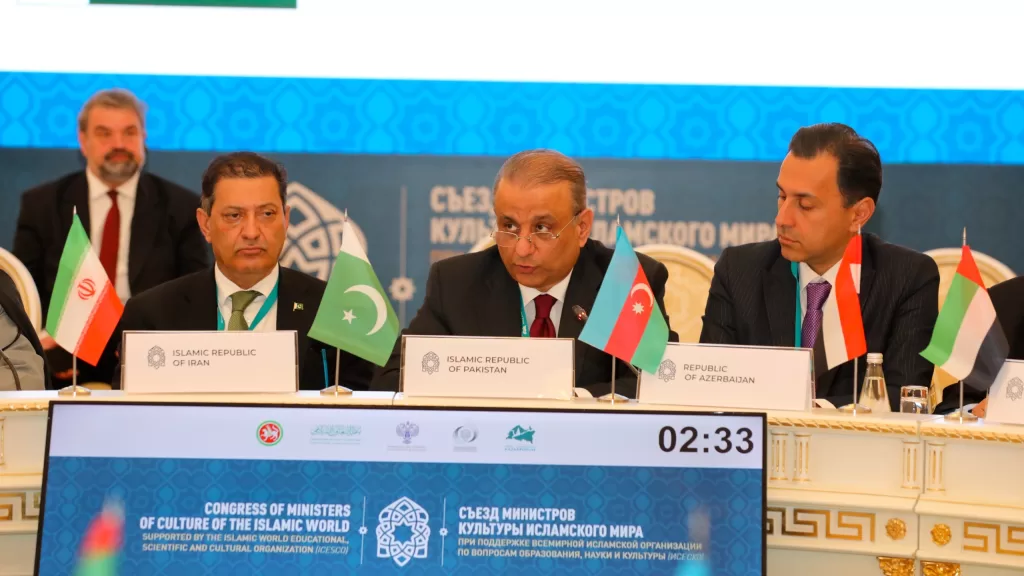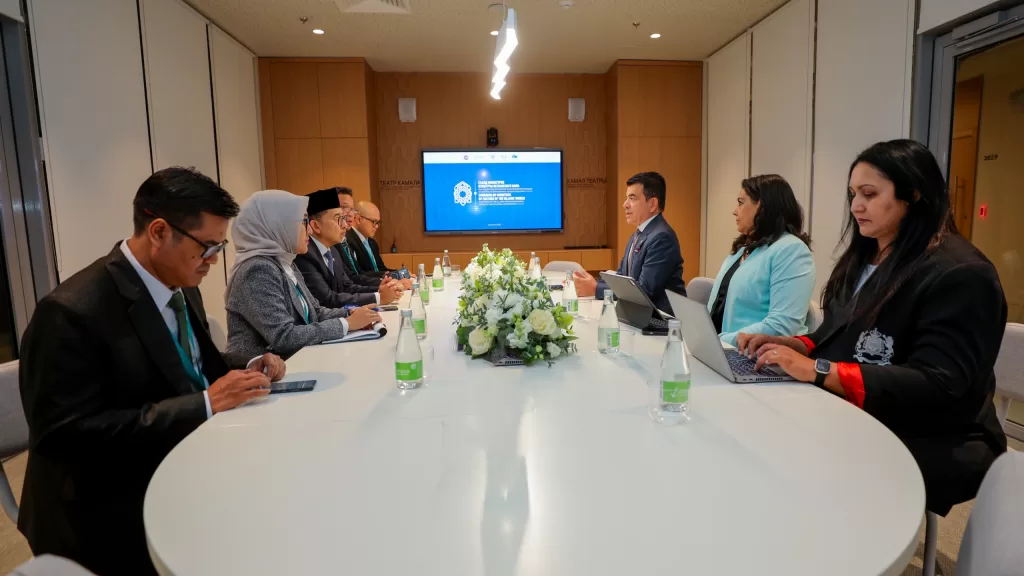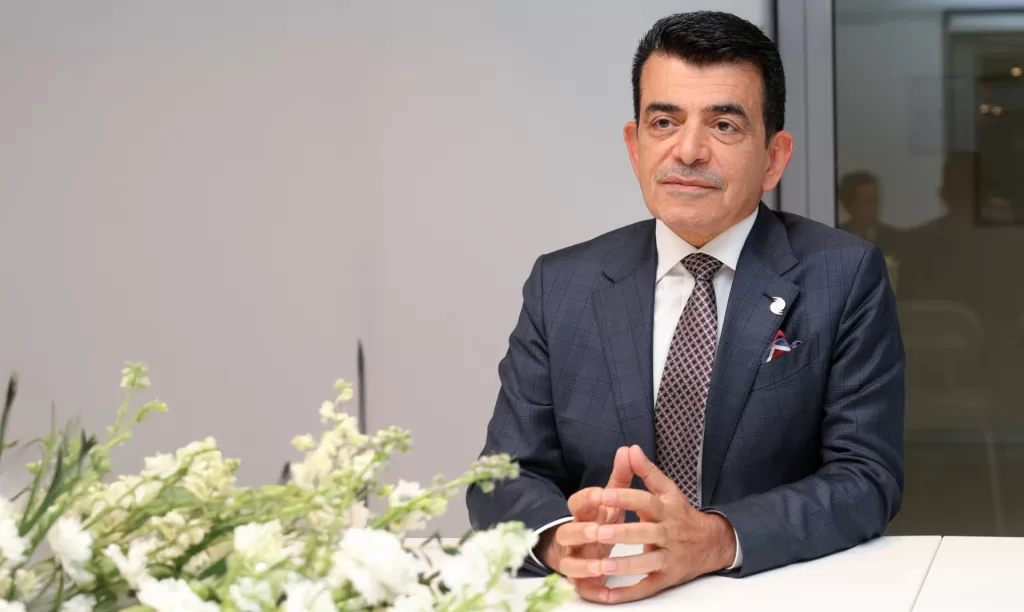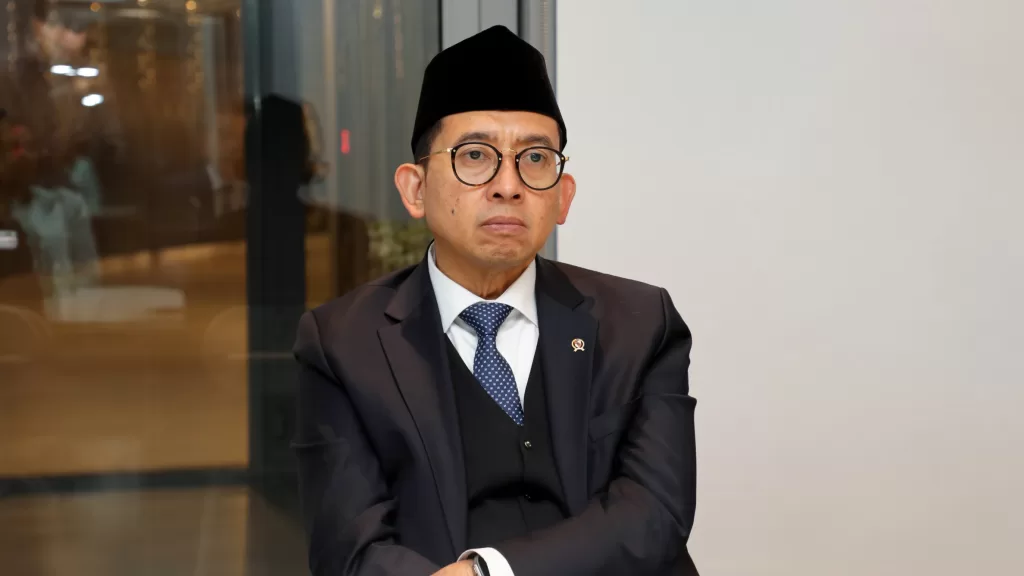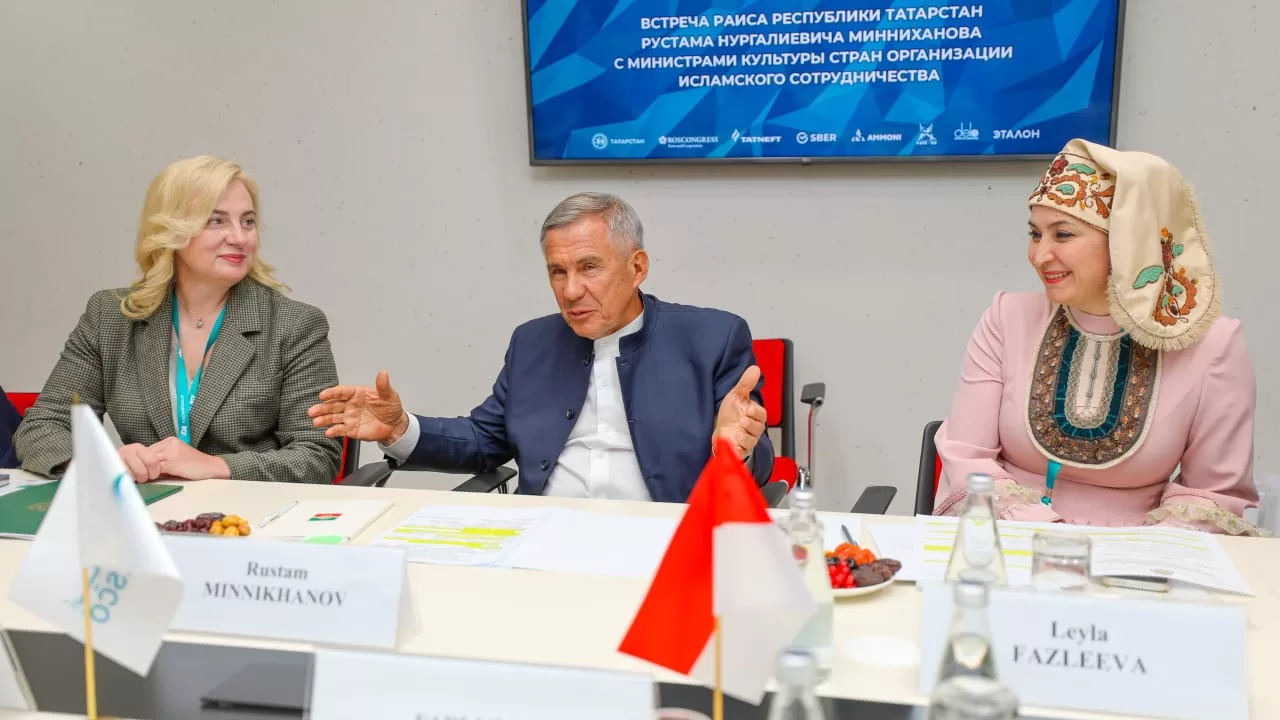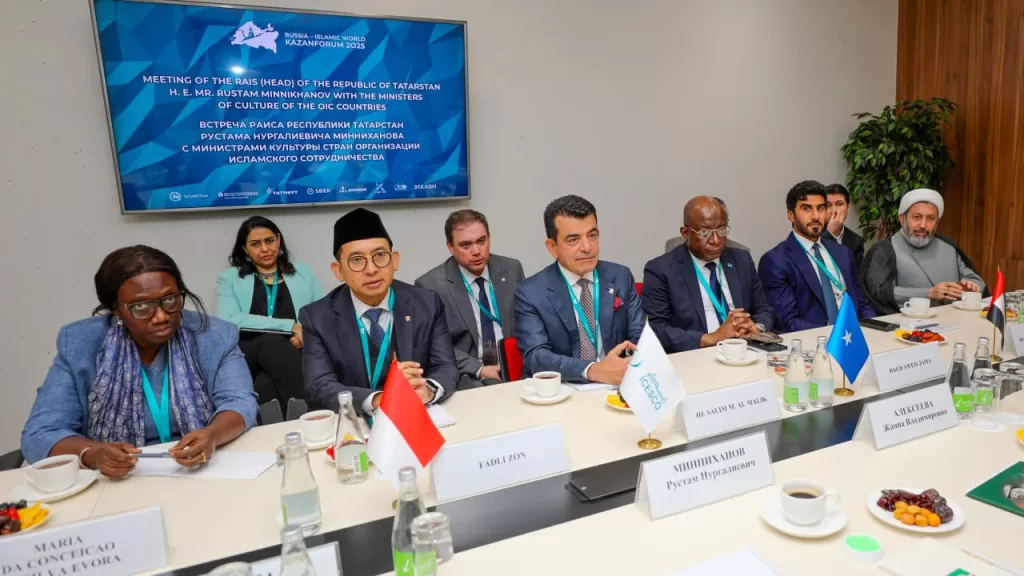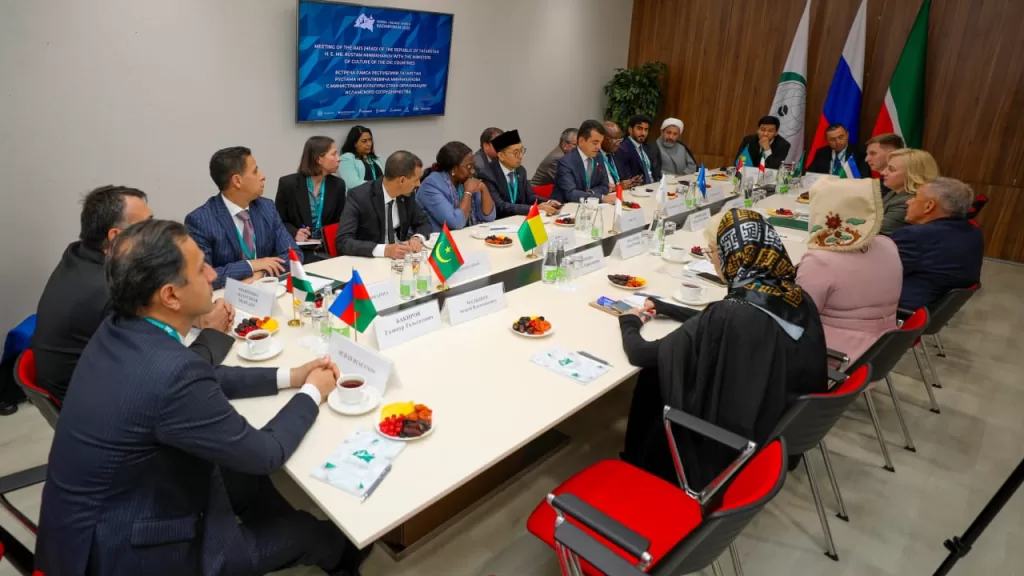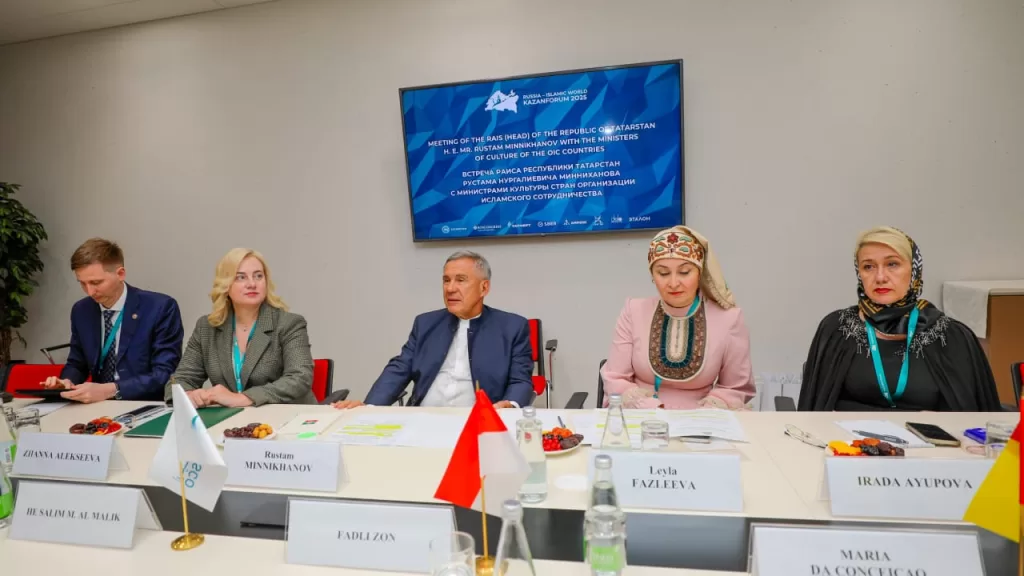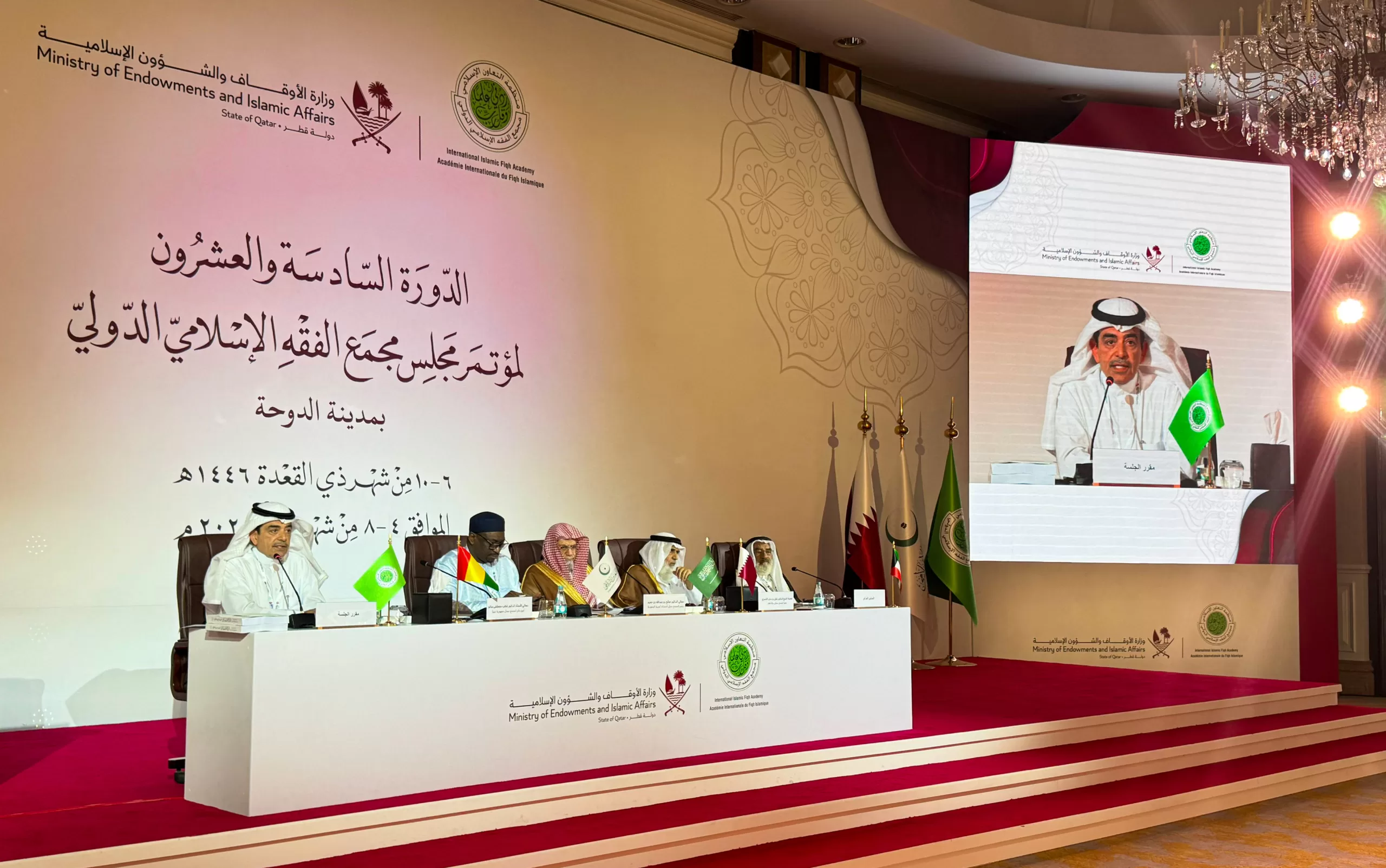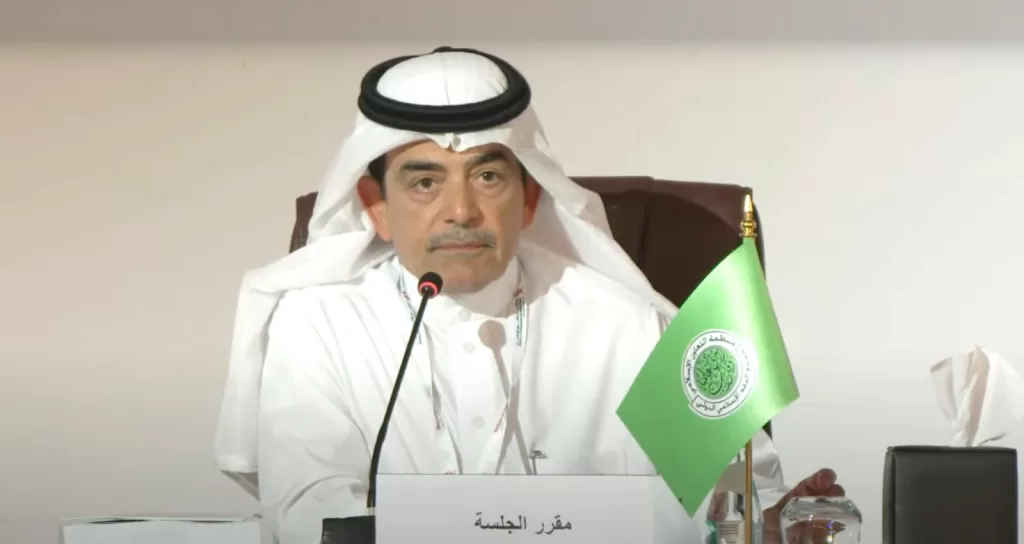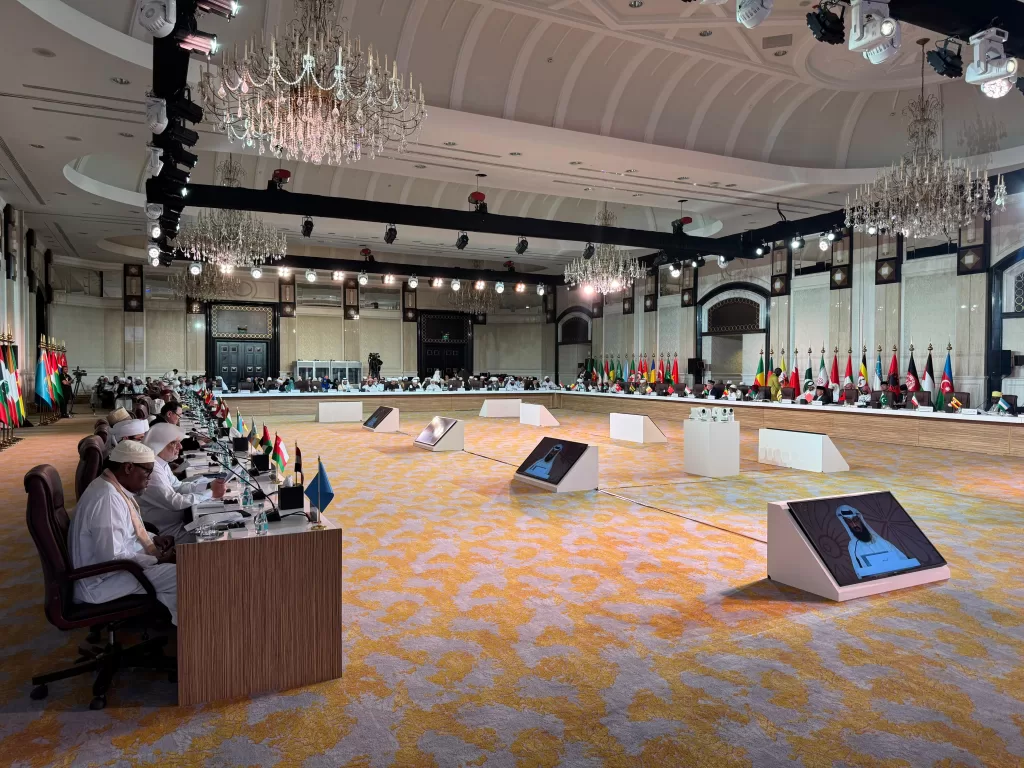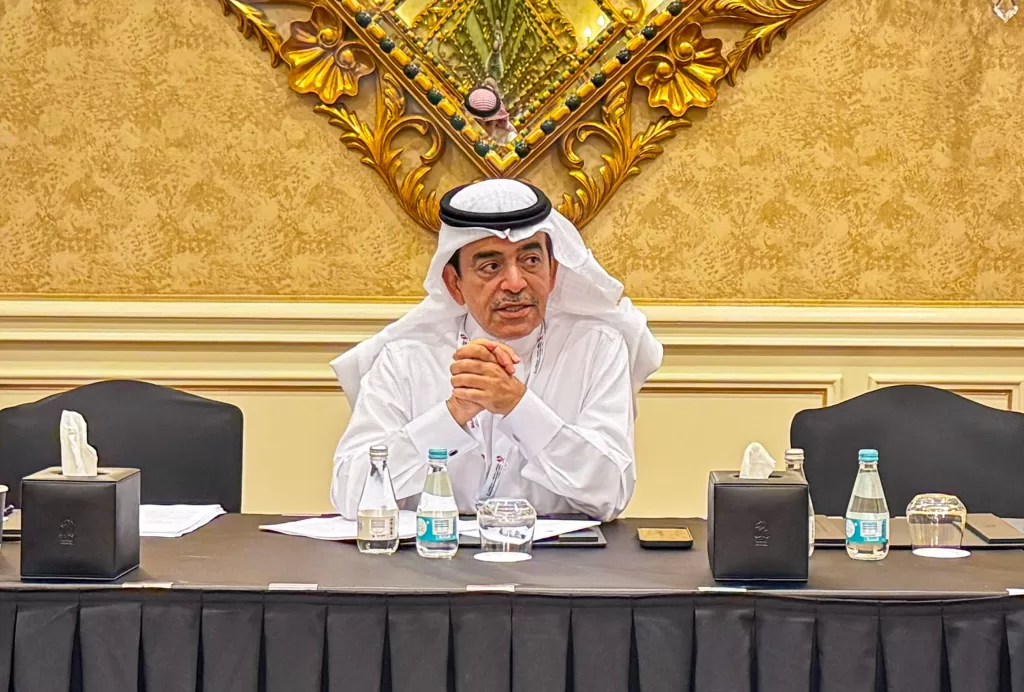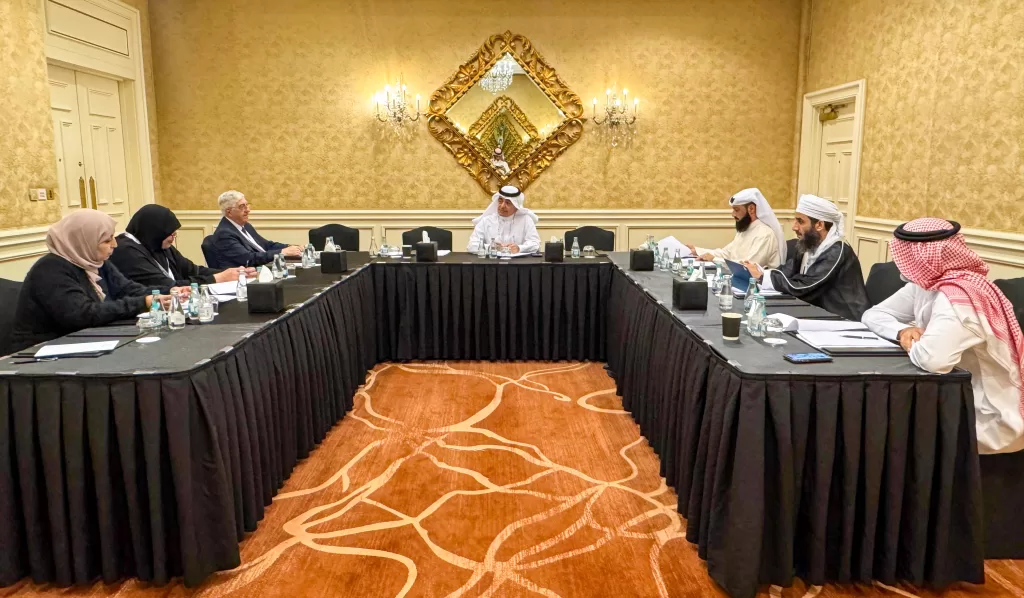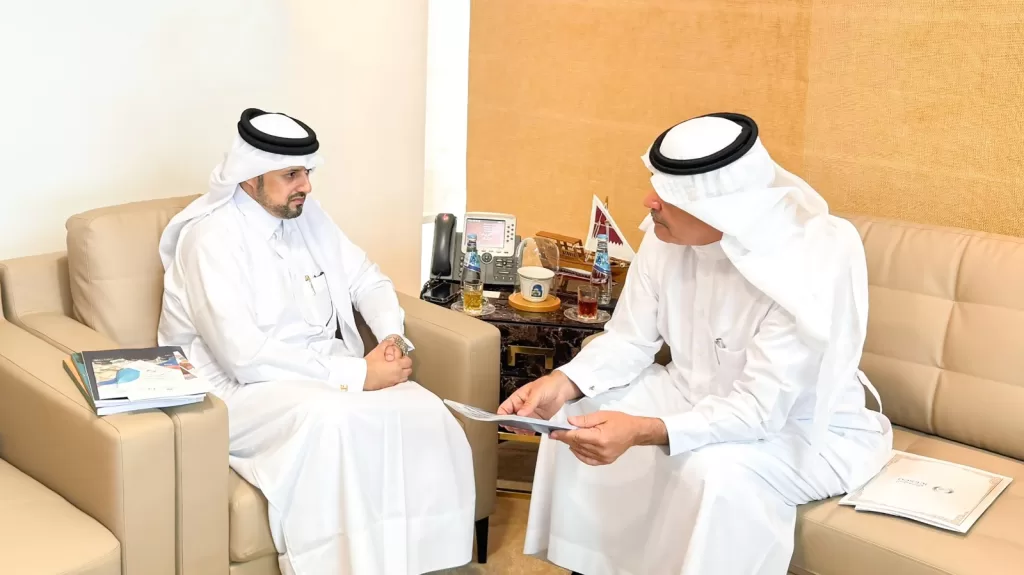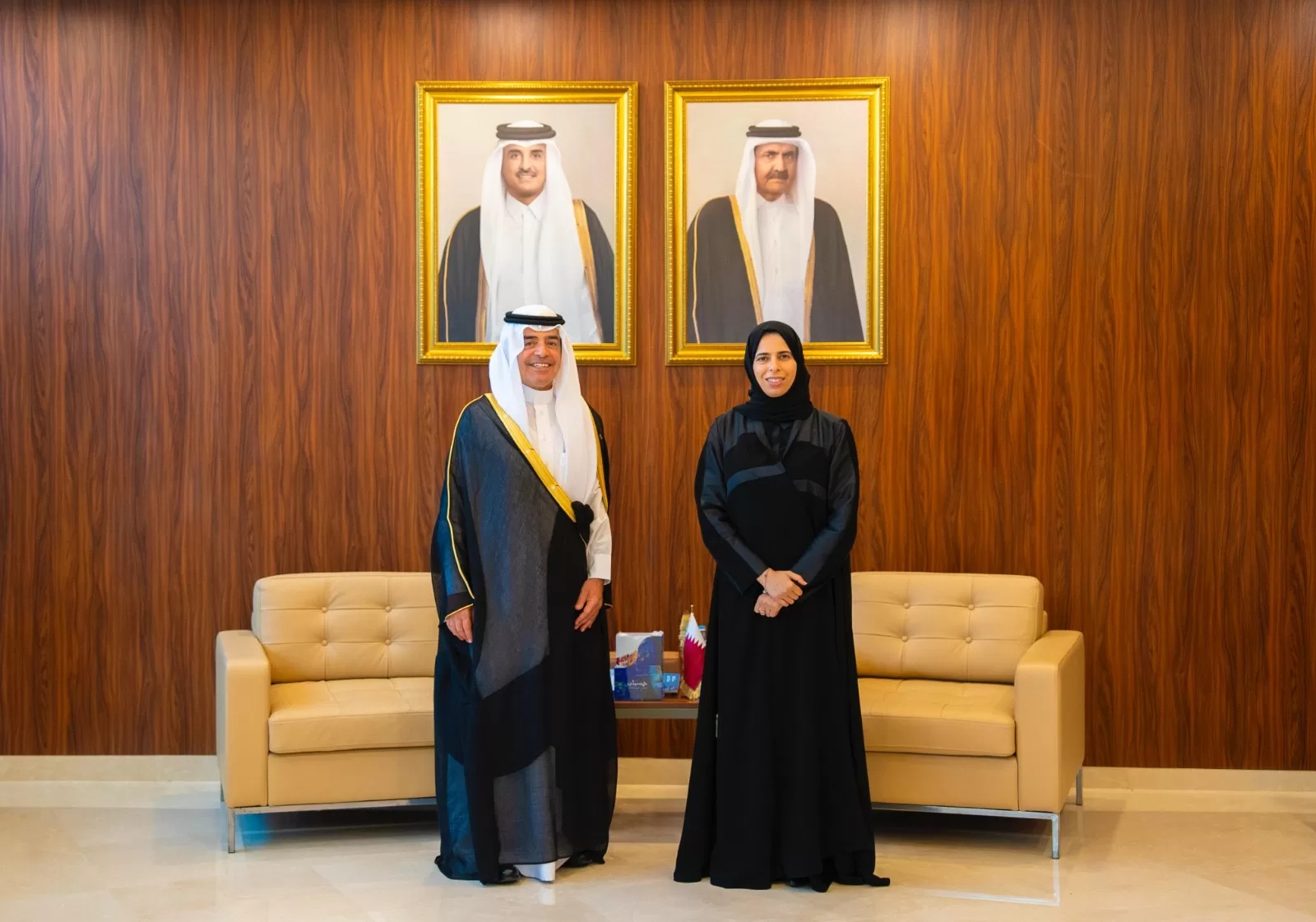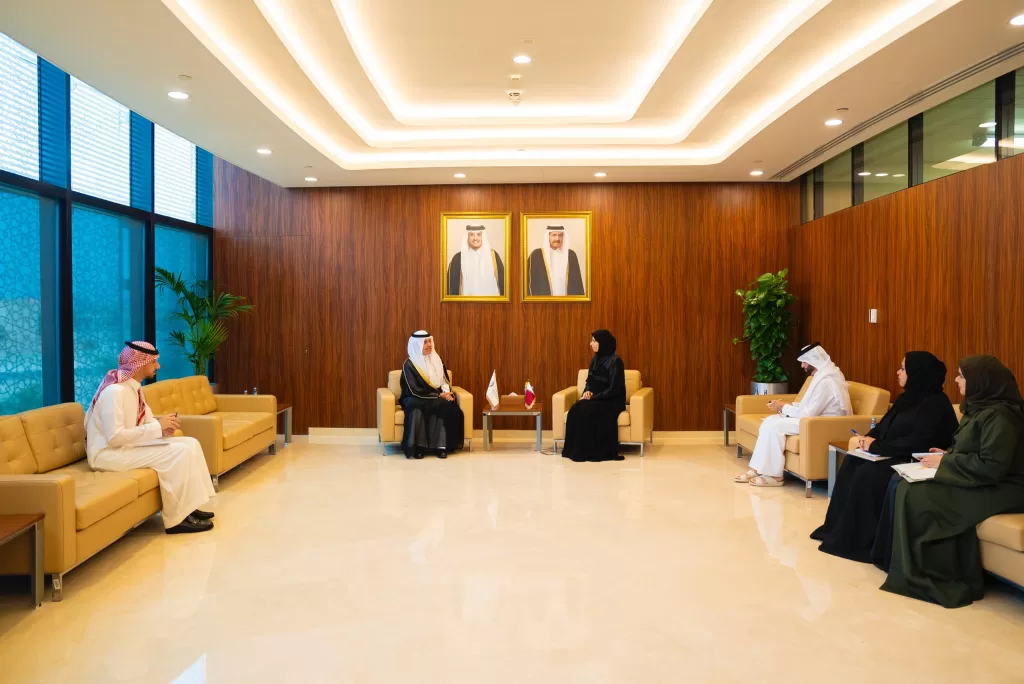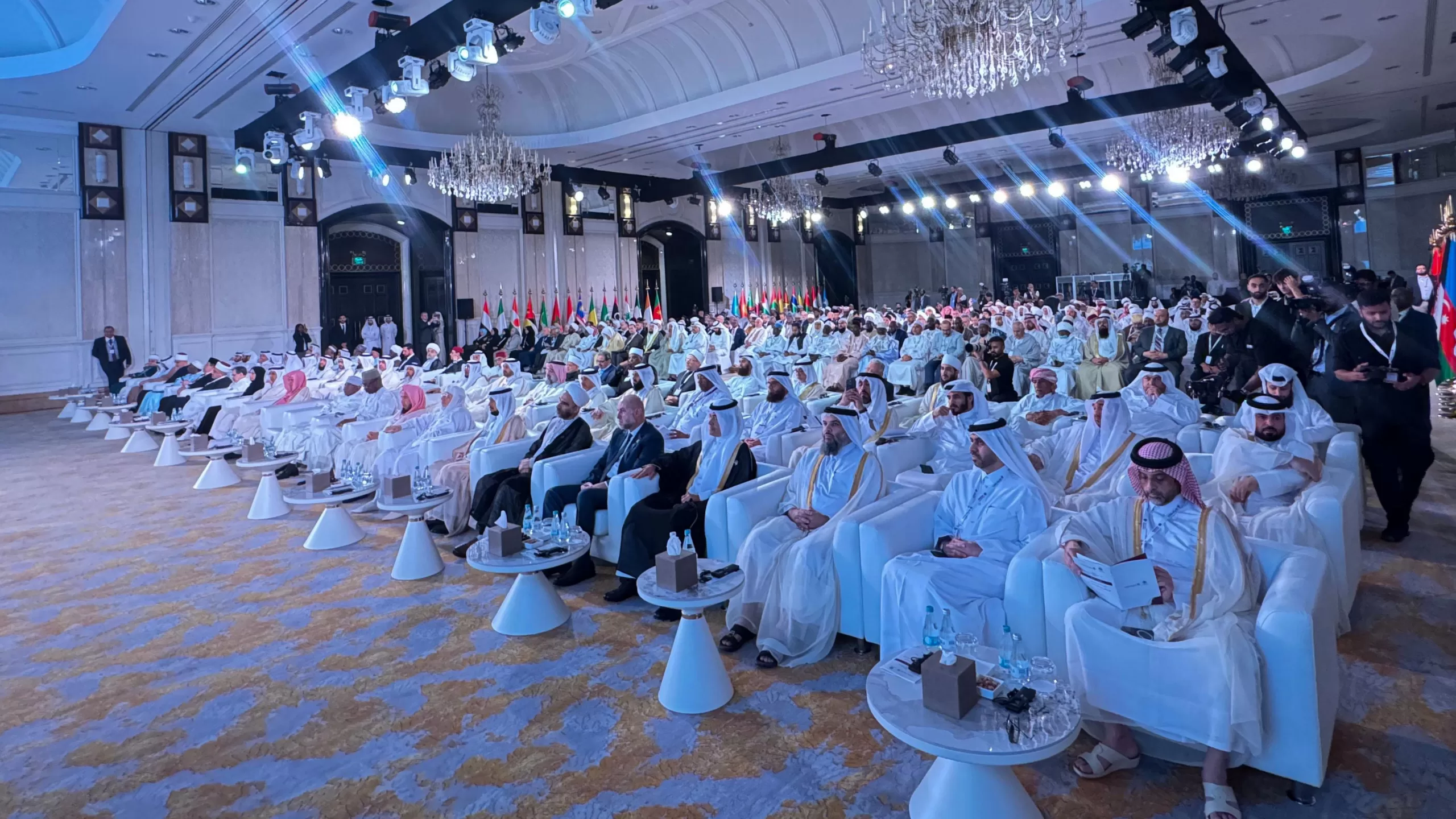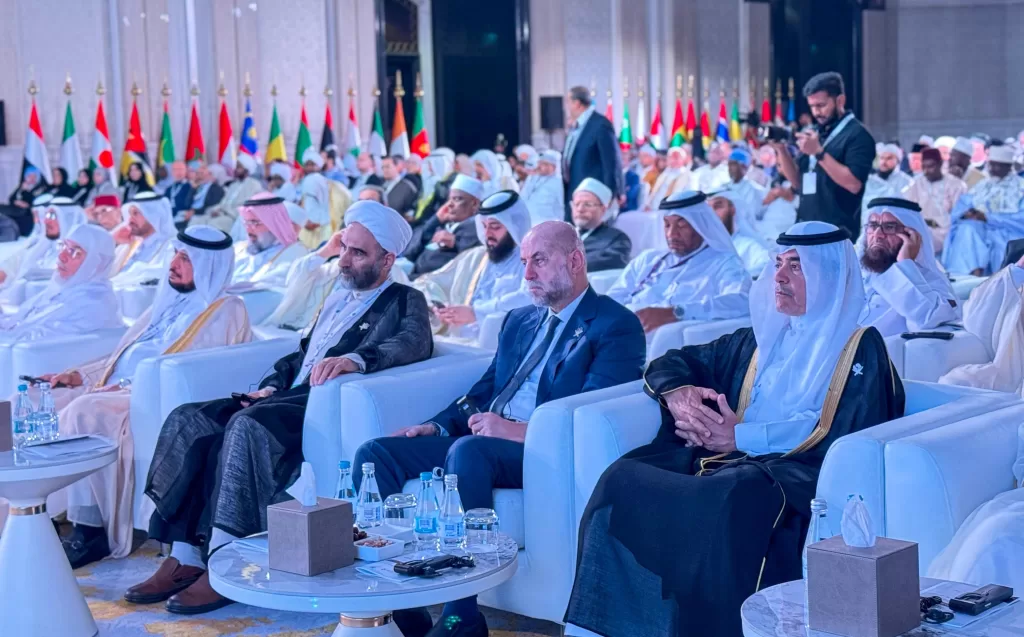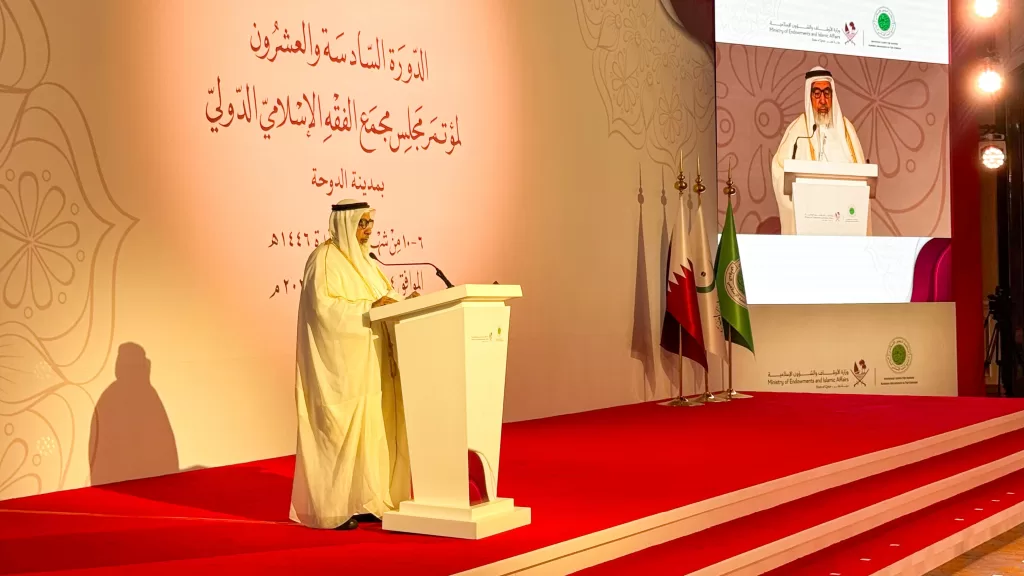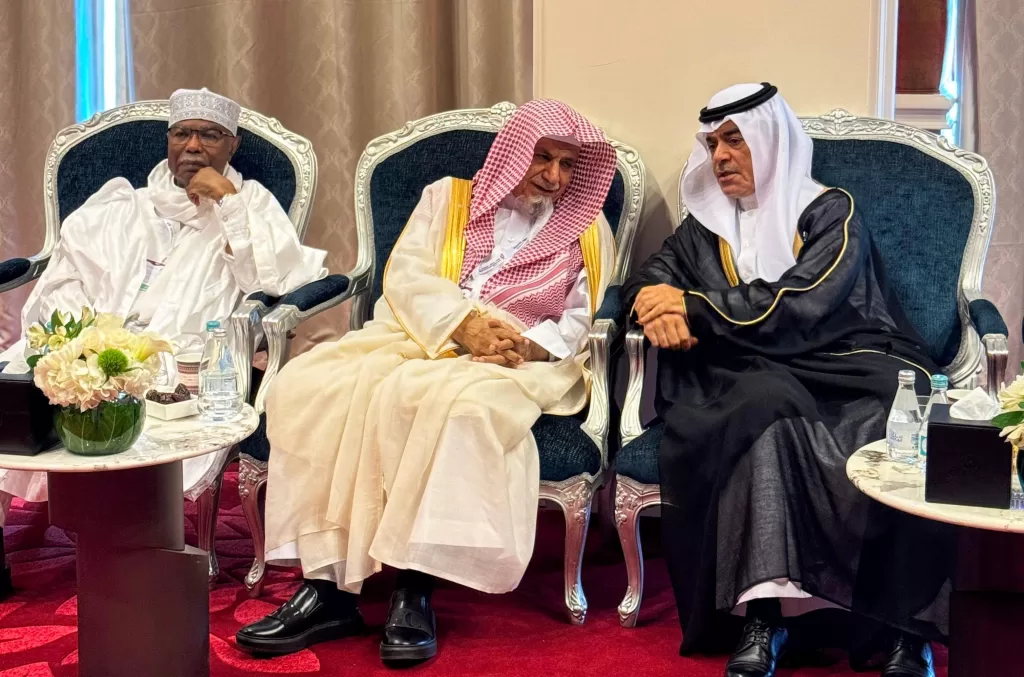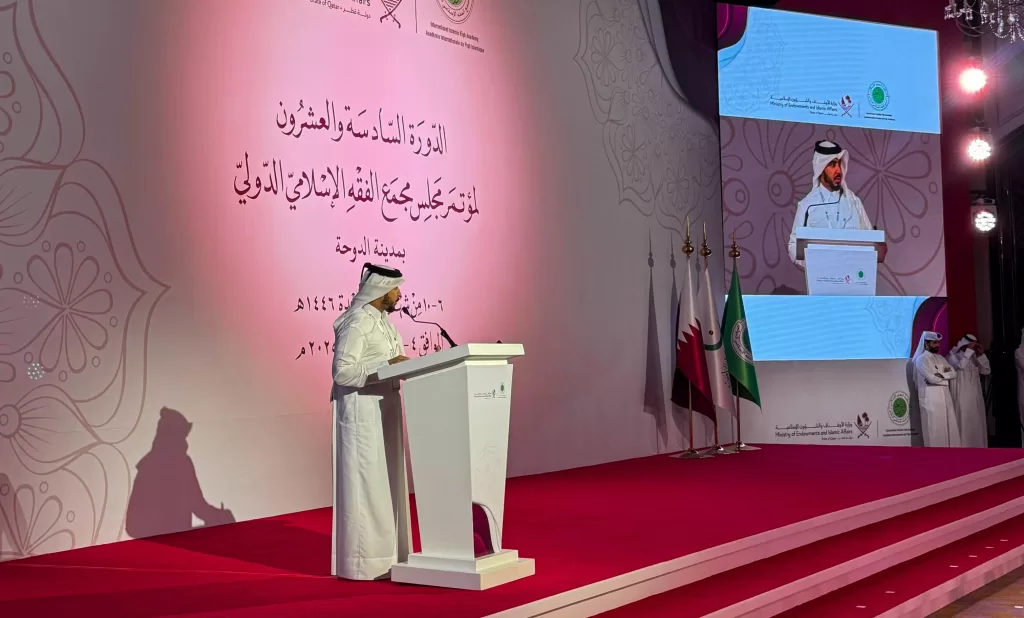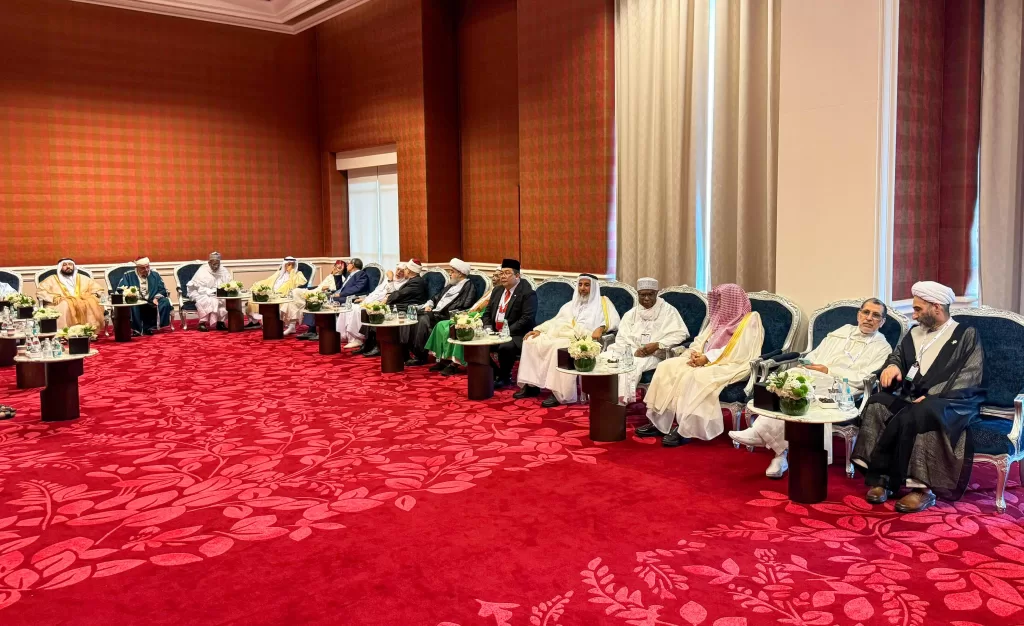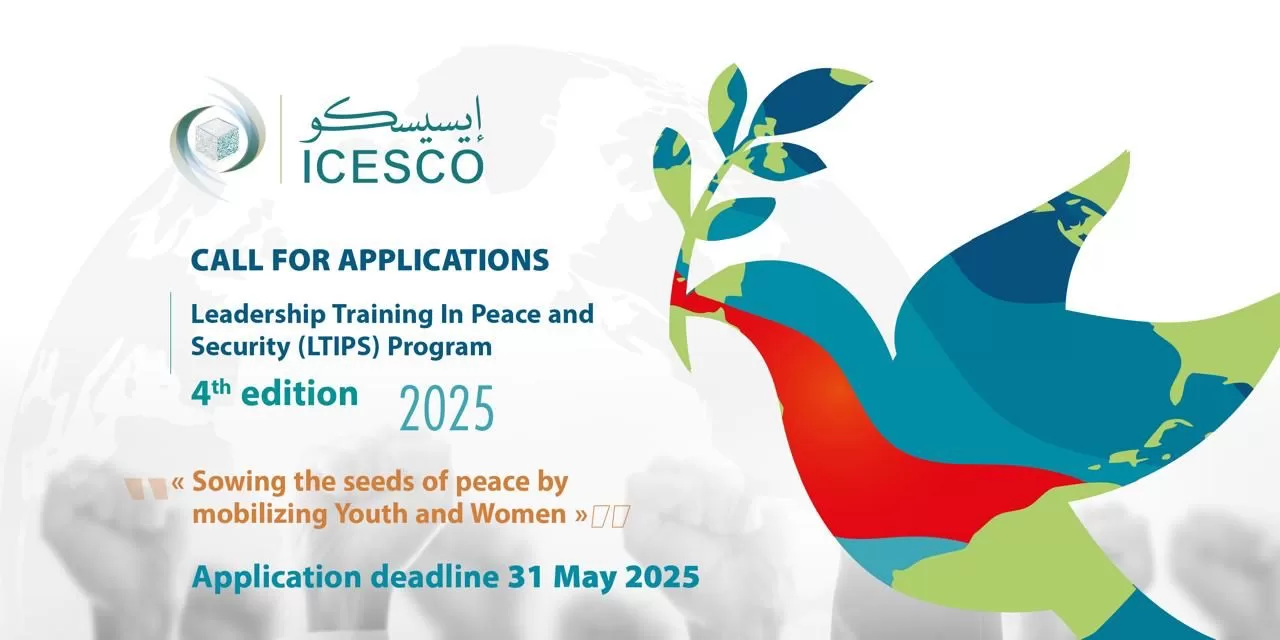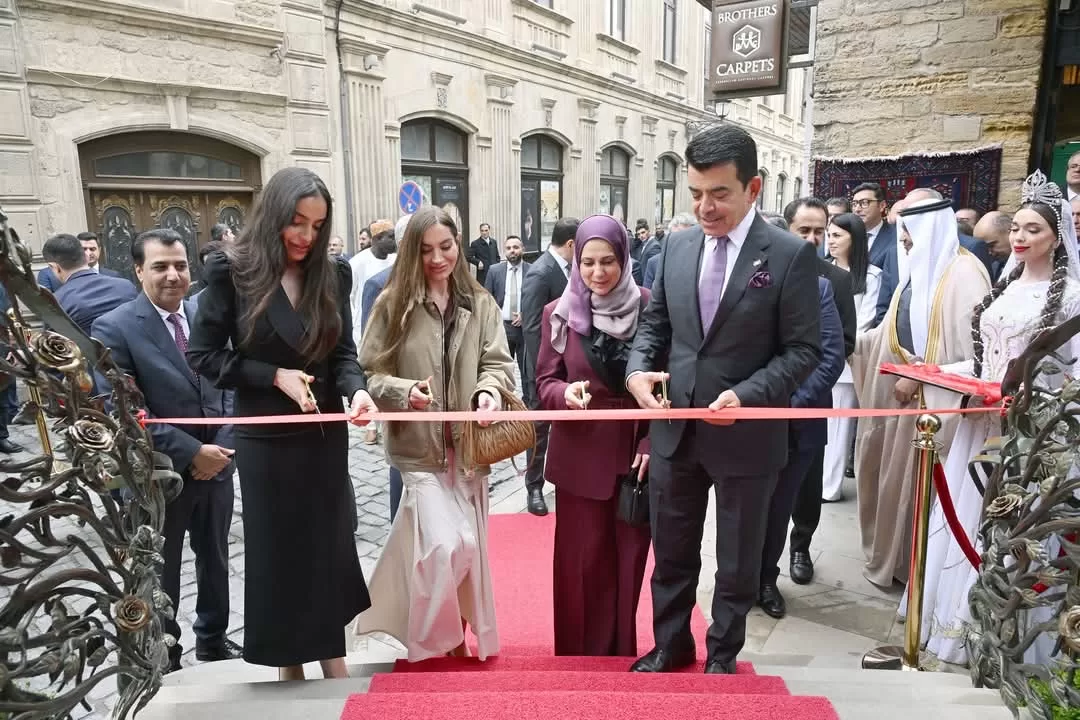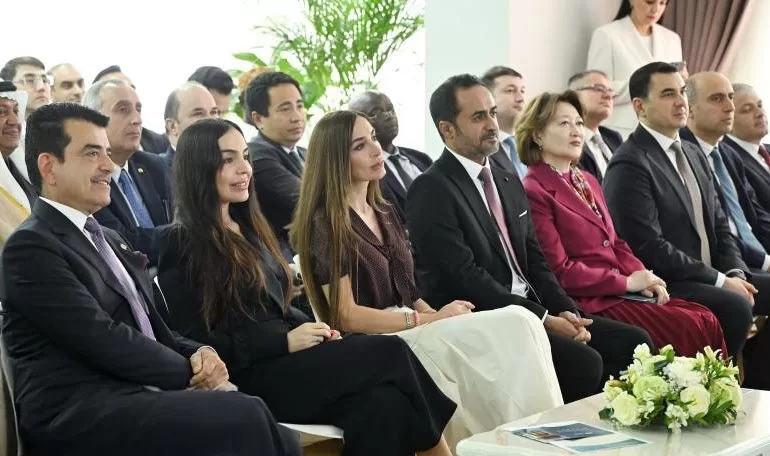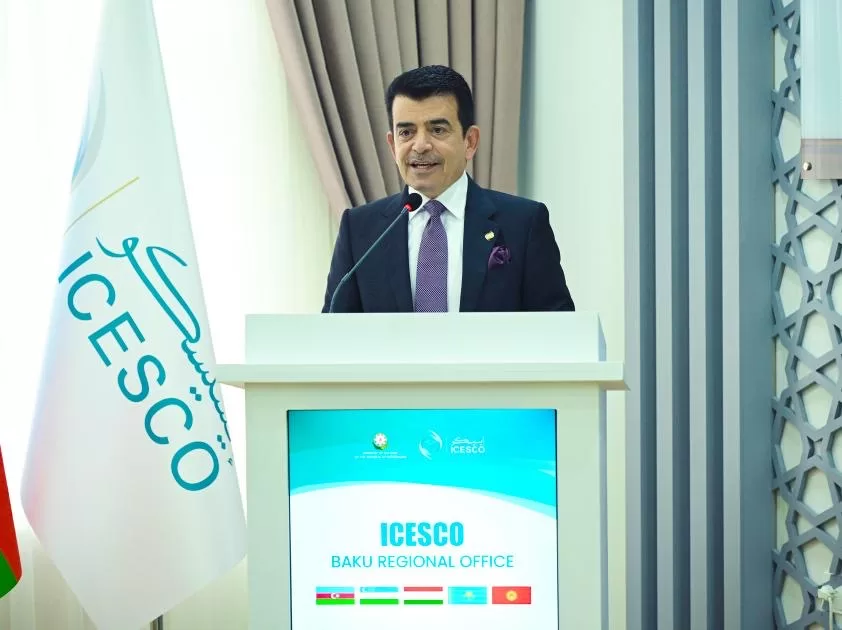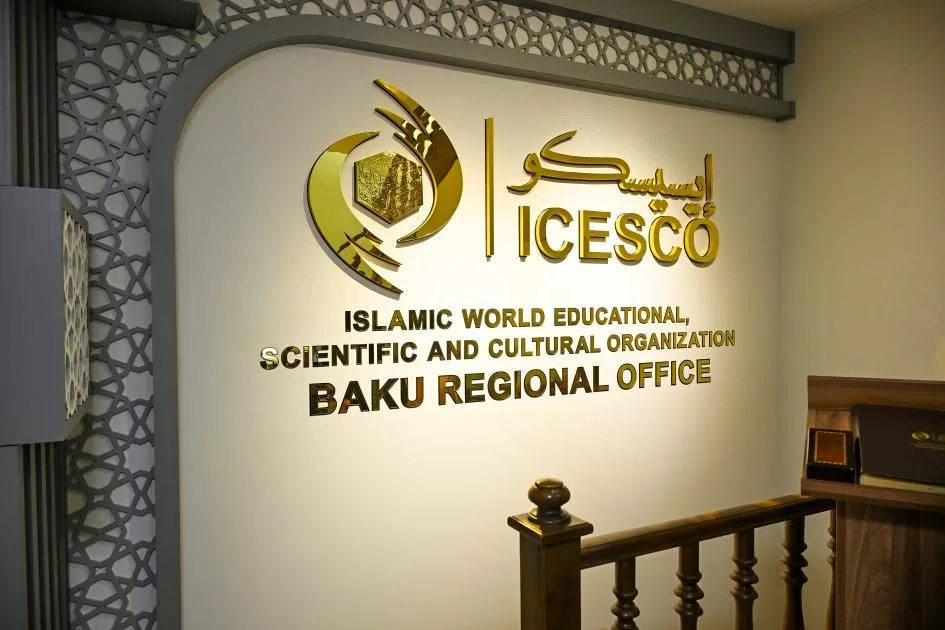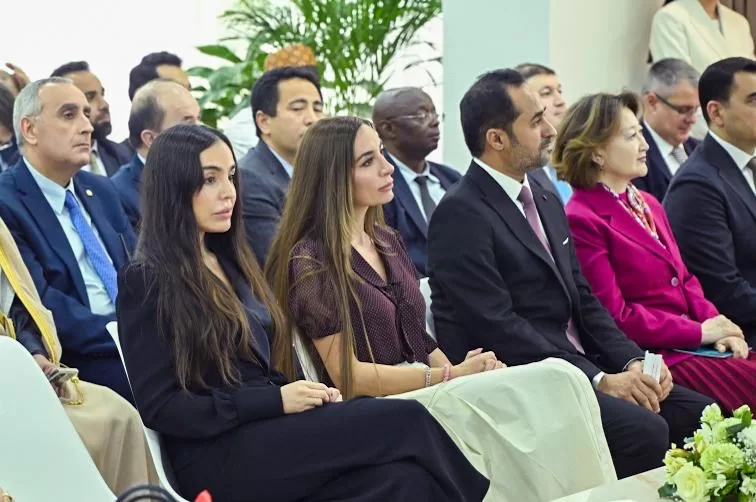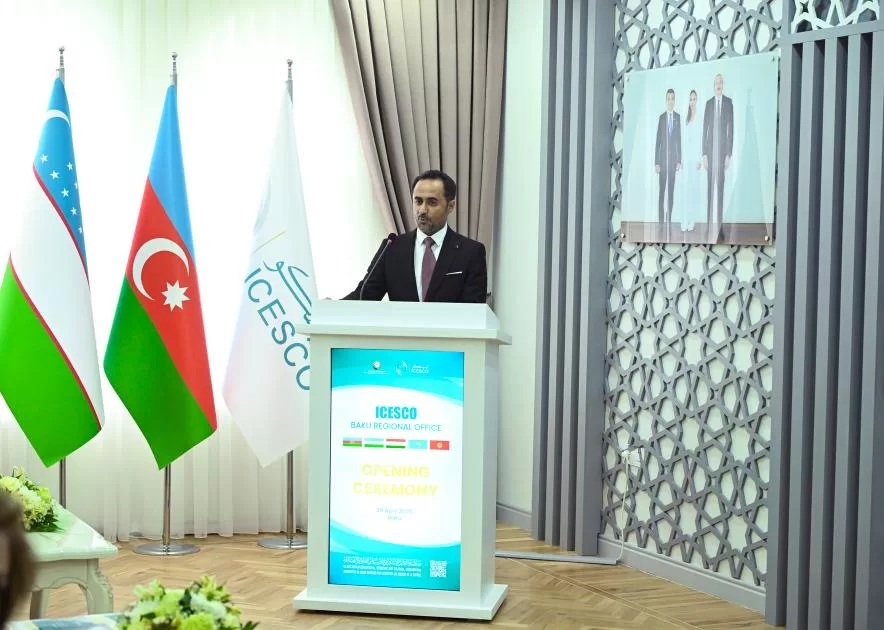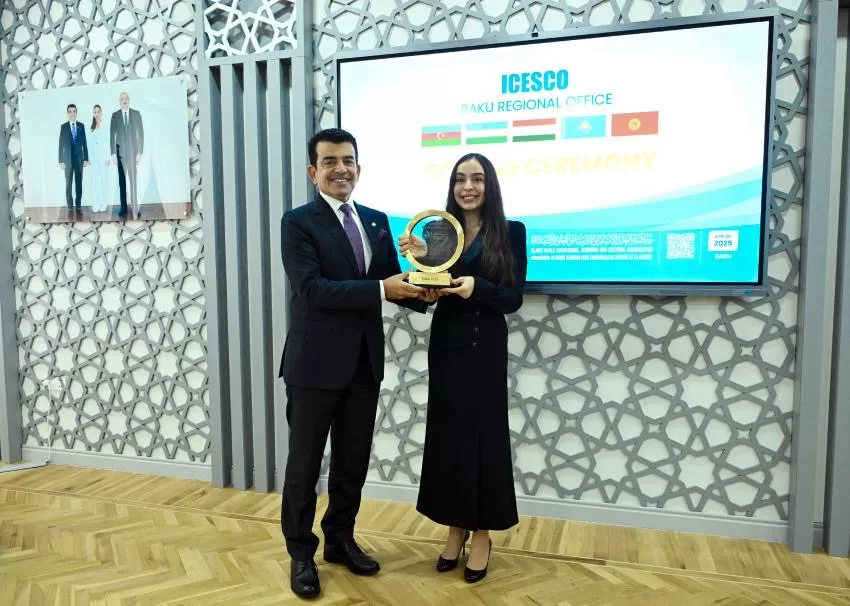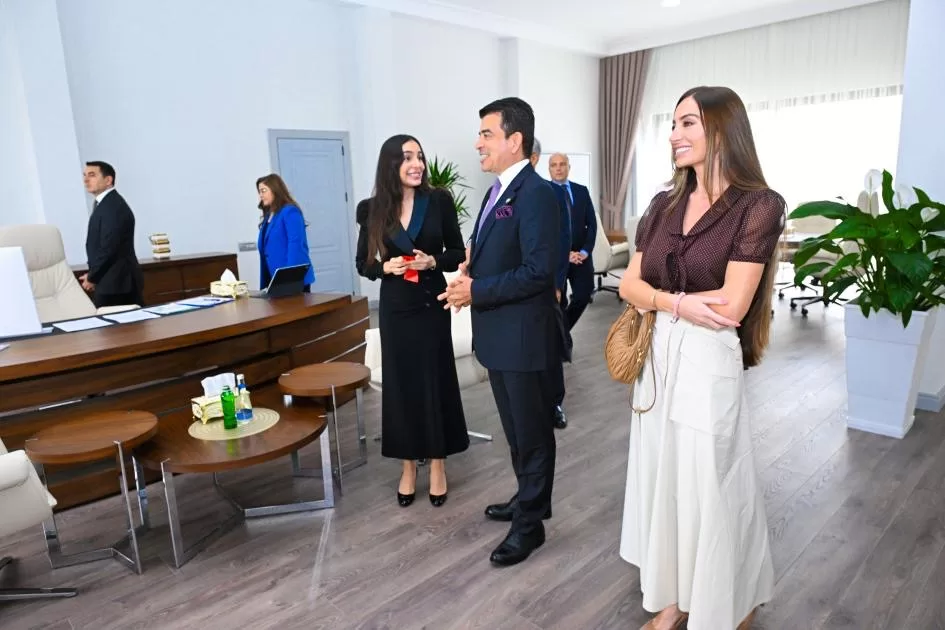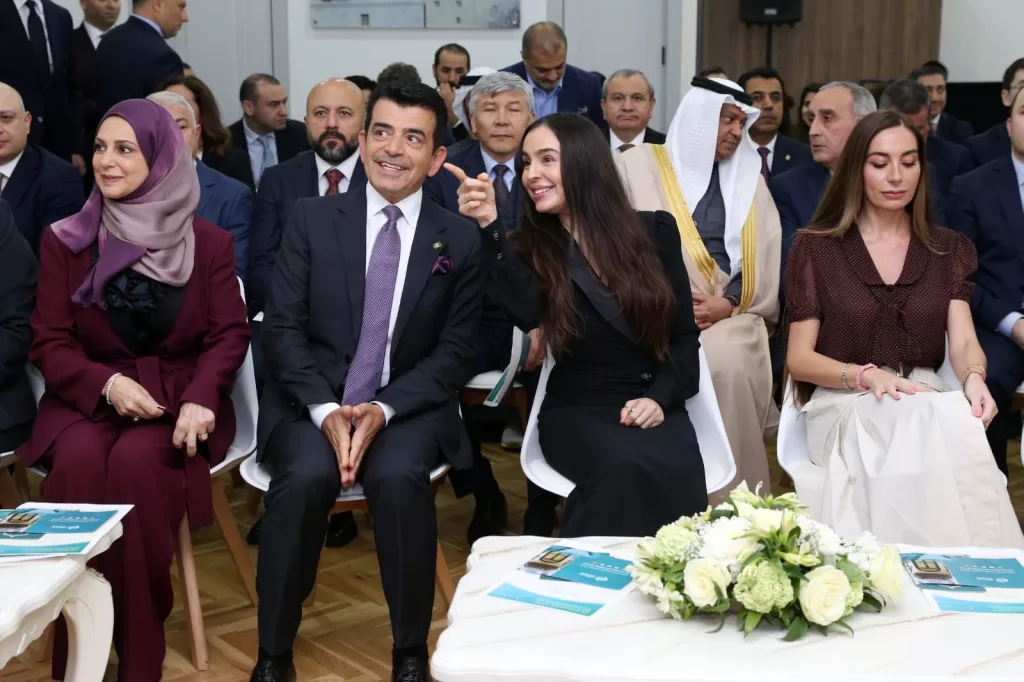Dr. Salim M. AlMalik, Director-General of the Islamic World Educational, Scientific and Cultural Organization (ICESCO), took part in the annual meeting of the Strategic Vision Group « Russia – Islamic World,» held on Friday, 16 May 2025, in Kazan. The meeting was attended by H.E. President Rustam Minnikhanov, President of the Republic of Tatarstan, along with a group of high-level officials and decision-makers from the Russian Federation and several Islamic countries, in addition to presidents and representatives of relevant international and regional organizations.
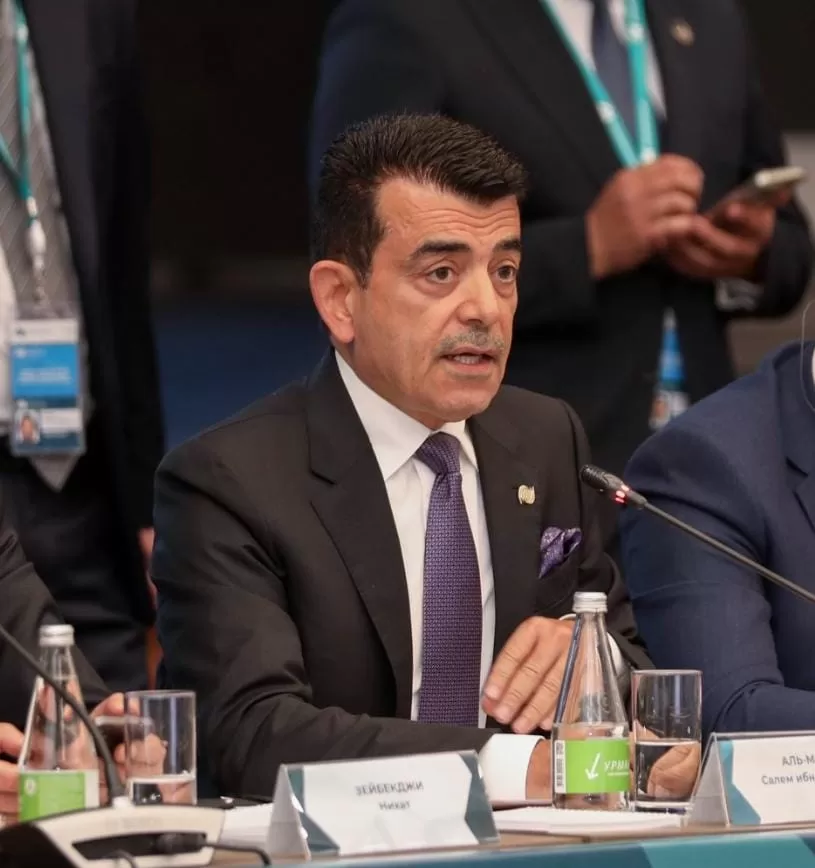
In his address during the meeting, which was held under the theme « The Experience of Russia and the Islamic World in the Field of Youth Policy, » Dr. AlMalik emphasized that over the past five years, ICESCO has implemented a range of innovative initiatives and activities reflecting the Organization’s keen interest in youth, convinced of their crucial role in shaping the present and building the future. He also noted that youth constitute 45% of ICESCO’s staff, which reflects the Organization’s strategic vision regarding the importance of youth participation.
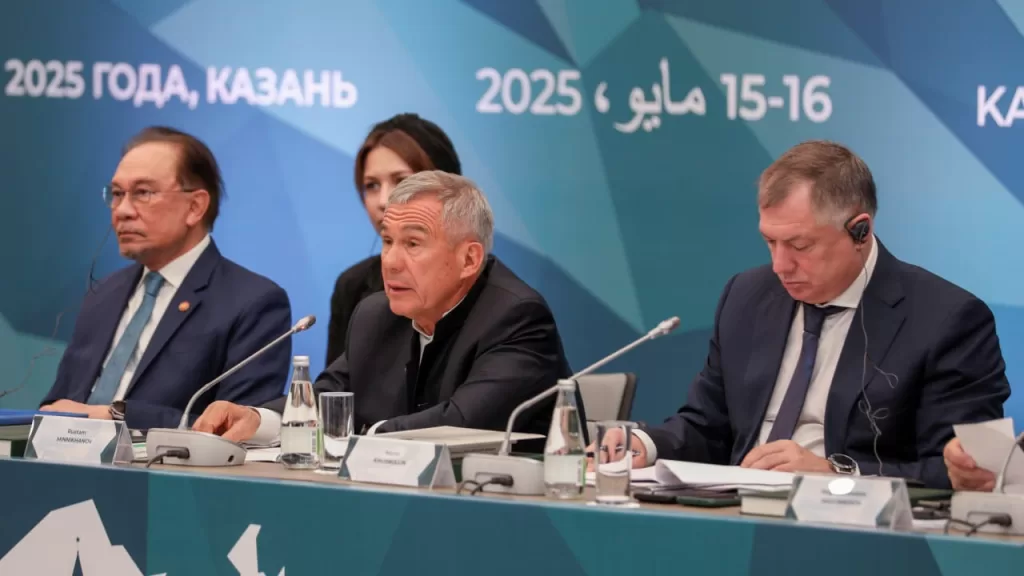
Furthermore, Dr. AlMalik highlighted ICESCO’s initiatives and programs targeting youth in the Islamic world, notably the ICESCO Year of Youth. He stated that the Organization’s investment in youth is not limited to leveraging their capacities, but also aims to elevate their visions in projects related to AI, the green economy, and the digital transformation of education, with the goal of shaping a generation equipped to meet the challenges of its time and grounded in civilizational values.
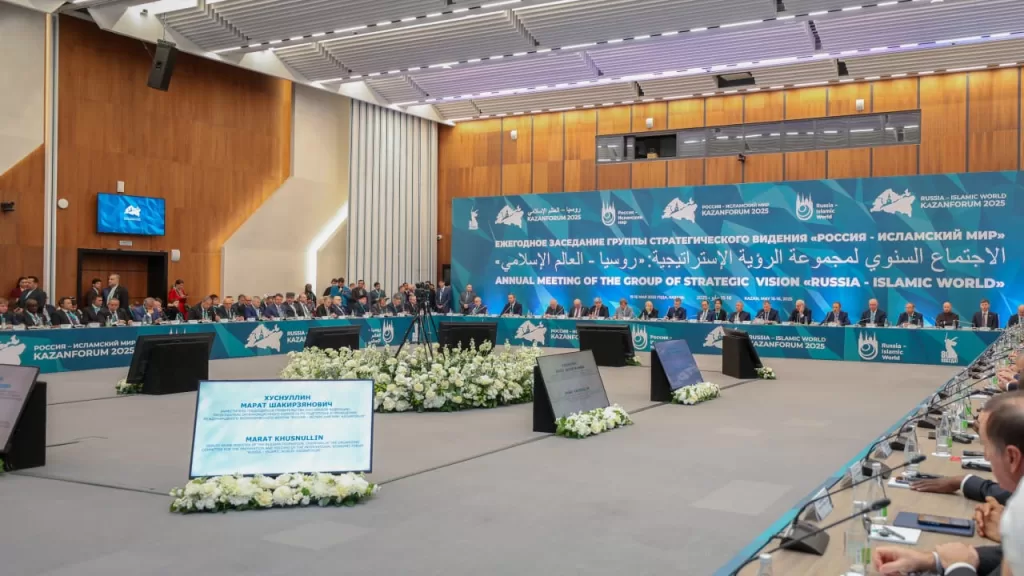
Dr. AlMalik announced the launch of four initiatives aimed at strengthening youth cooperation between Russia and the Islamic world: the organization of a youth forum simulating the current Strategic Vision Group meeting; the establishment of a permanent platform dedicated to youth policies to develop joint strategies on entrepreneurship and innovative education; the launch of cultural and diplomatic exchange programs for youth; the implementation of forward-looking research projects by young people to identify major transformations and contribute to building the world of tomorrow.
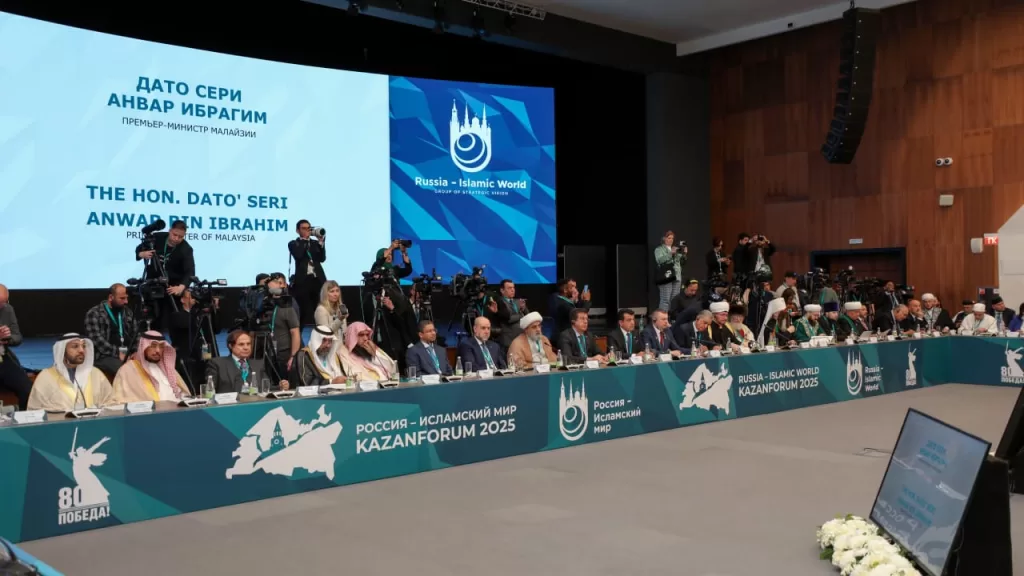
At the conclusion of his address, Dr. AlMalik expressed his gratitude to H.E. President Vladimir Putin, President of the Russian Federation, and H.E. the President of Tatarstan for their continuous support in promoting cultural dialogue and for their enlightened vision, which has enabled Kazan to play a leading role in fostering understanding among civilizations and to become a beacon of tolerance.
